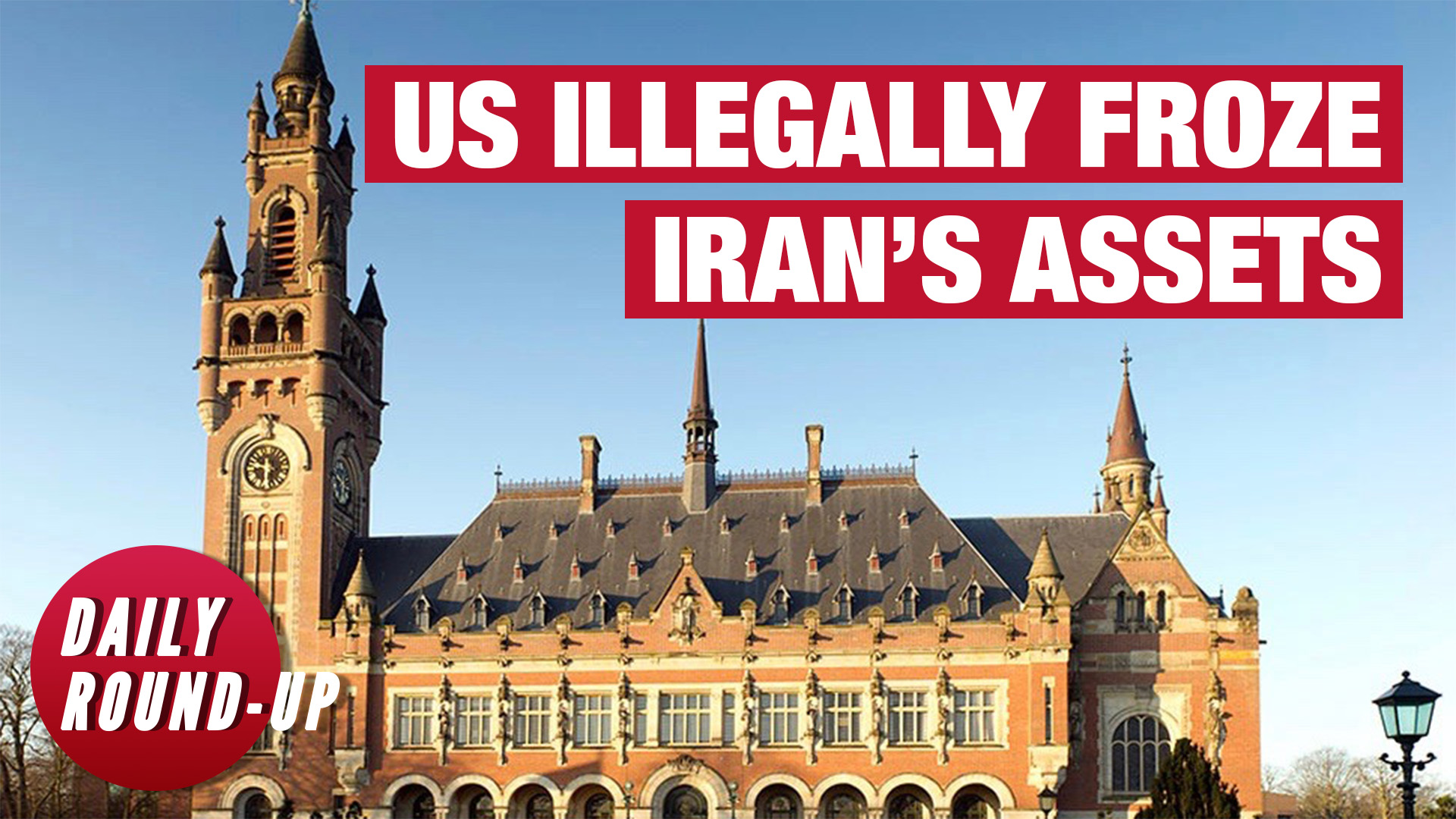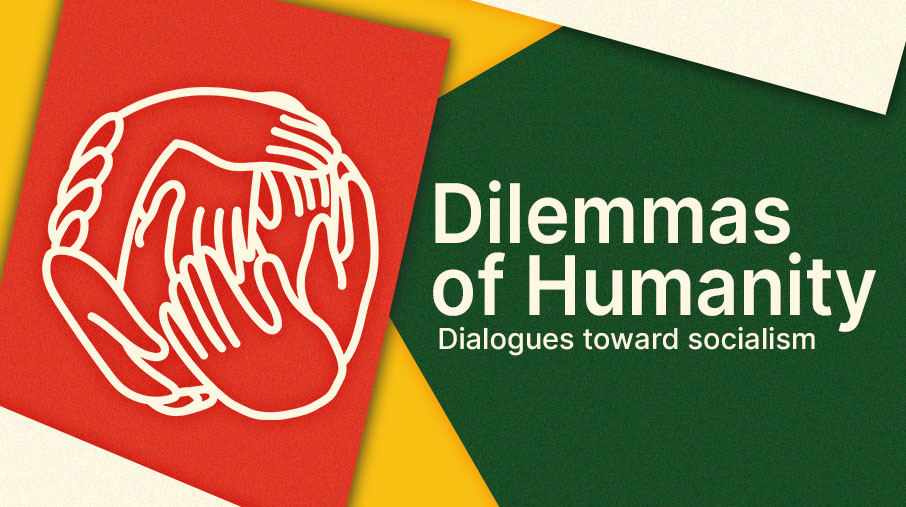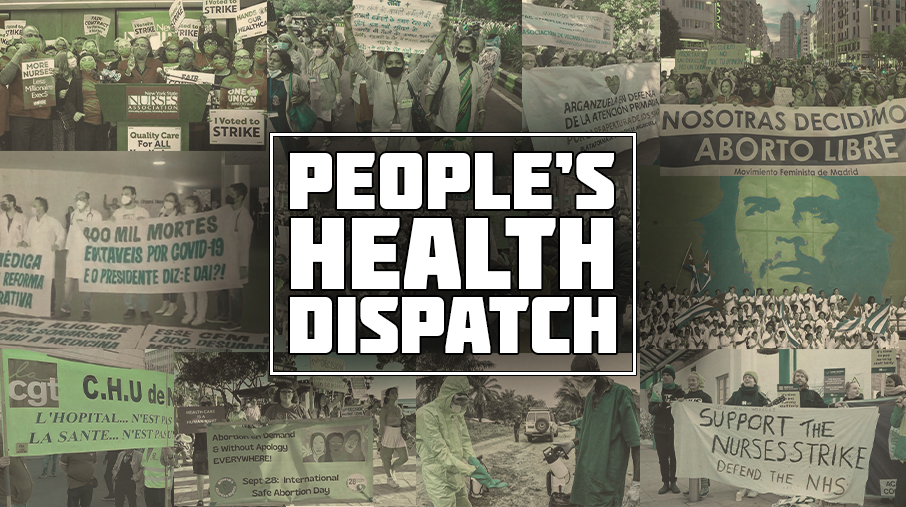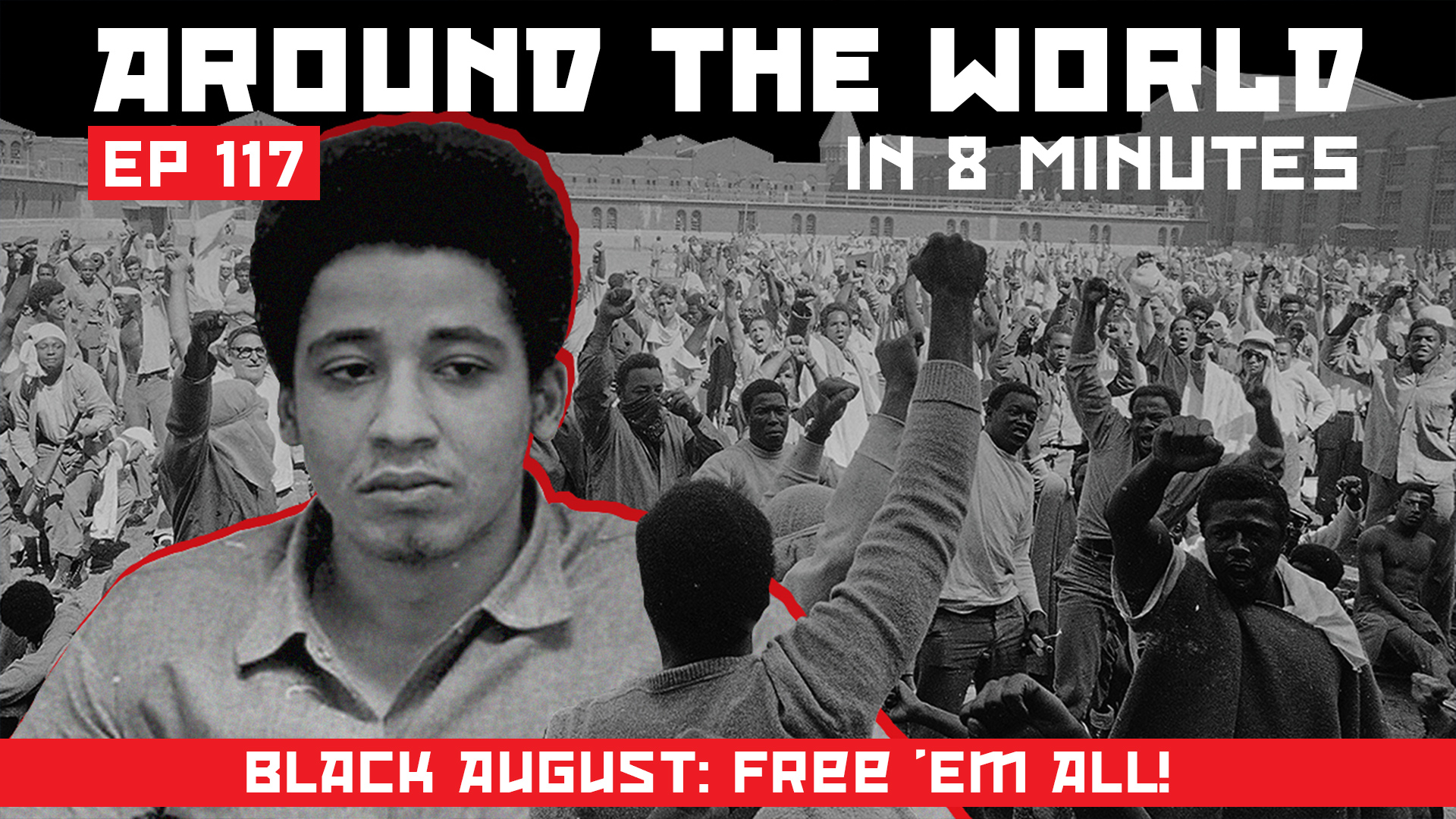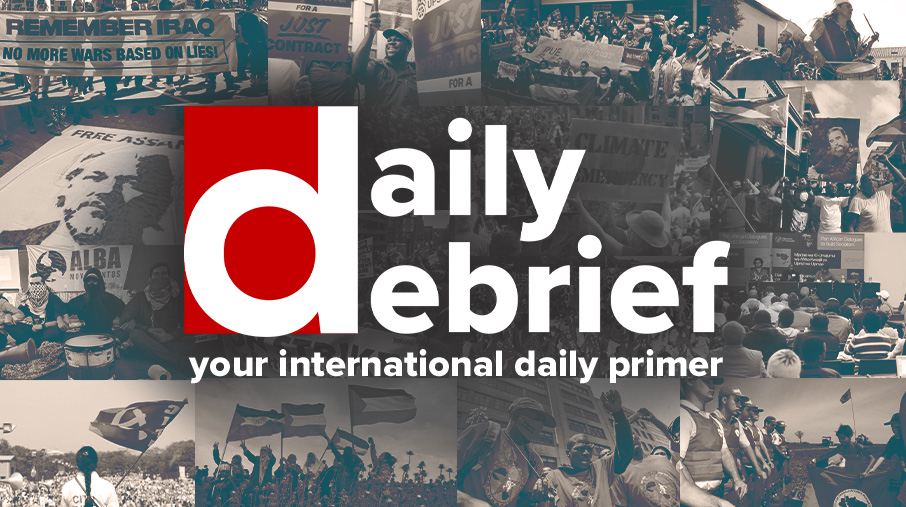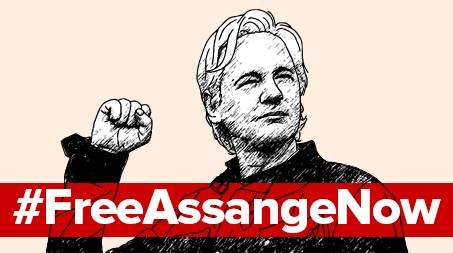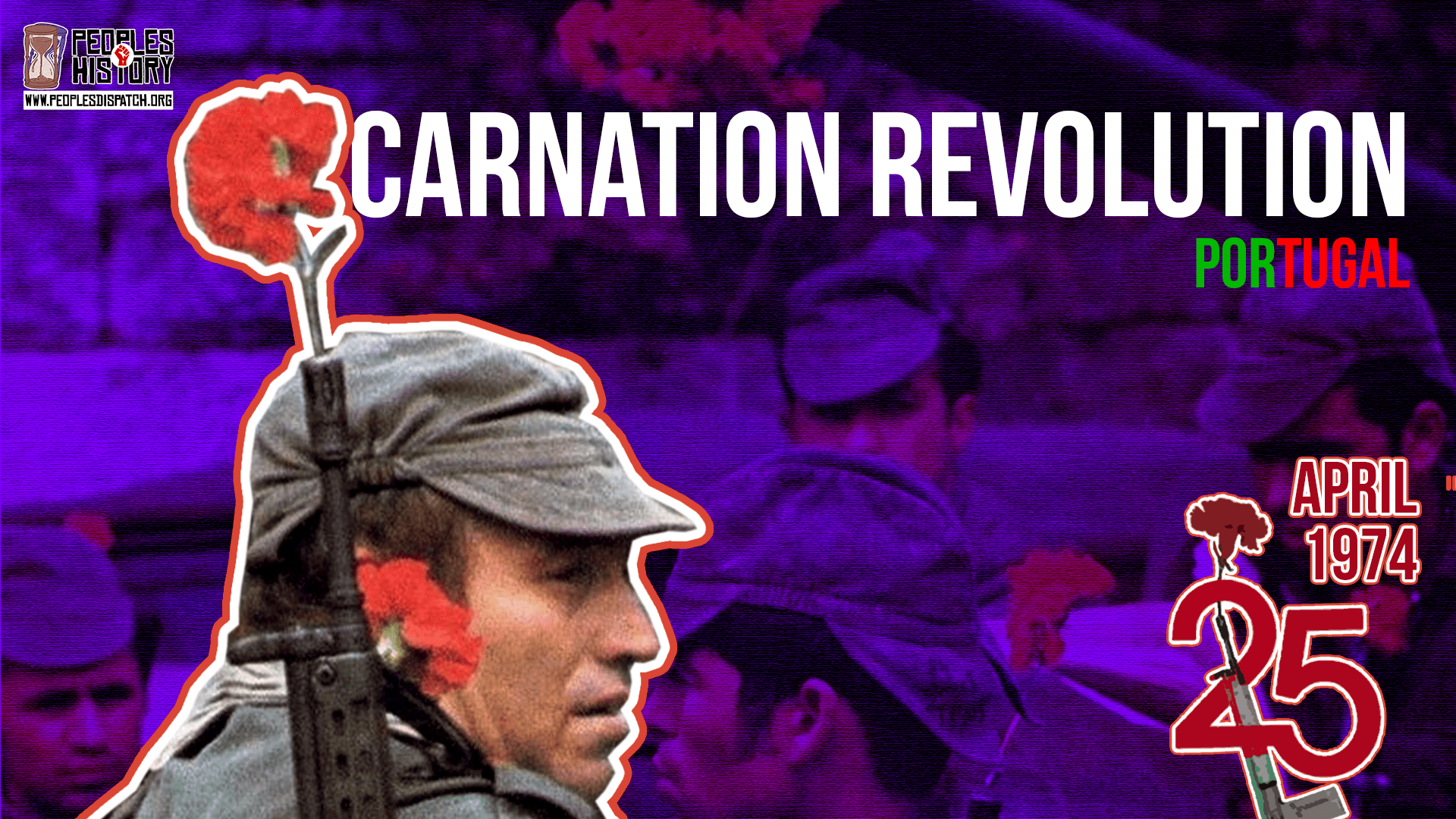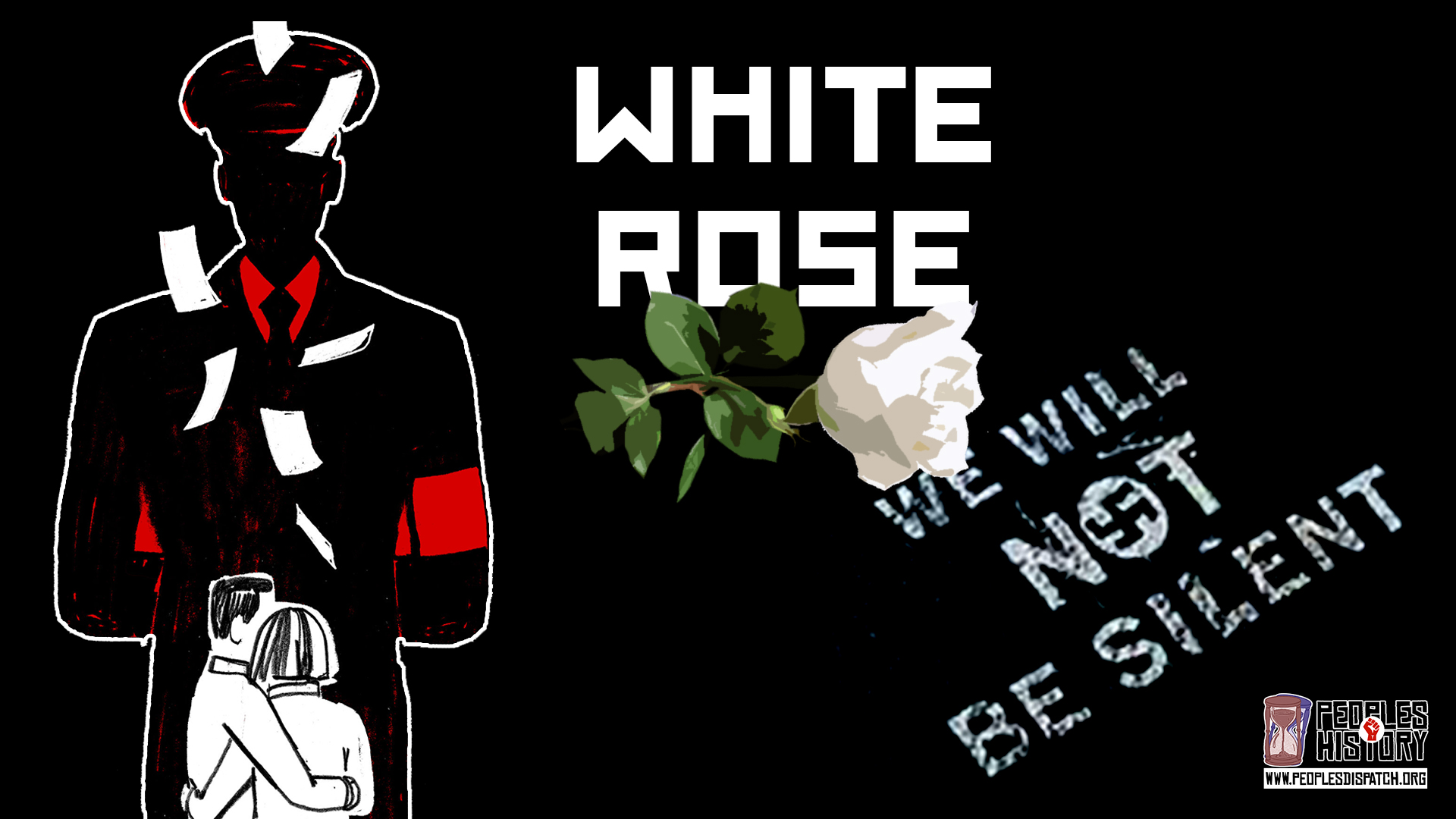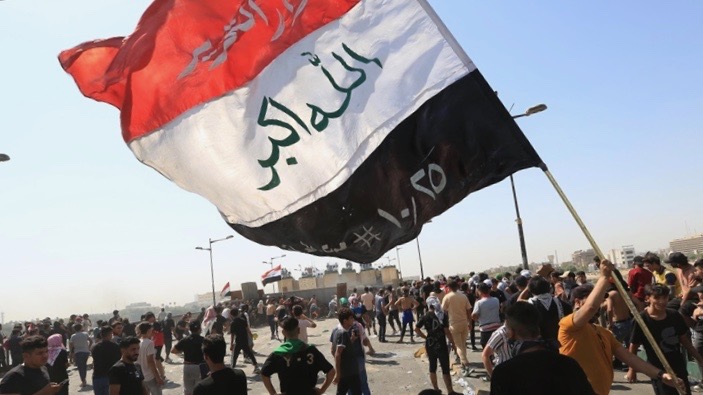 Three years since 2019 protests in Iraq, most demands remain unfulfilled
Three years since 2019 protests in Iraq, most demands remain unfulfilled
Three years after a wave of protests rocked Iraq, not much has changed with respect to the structure of the economy or political system. A new government is finally in place but faces numerous challenges
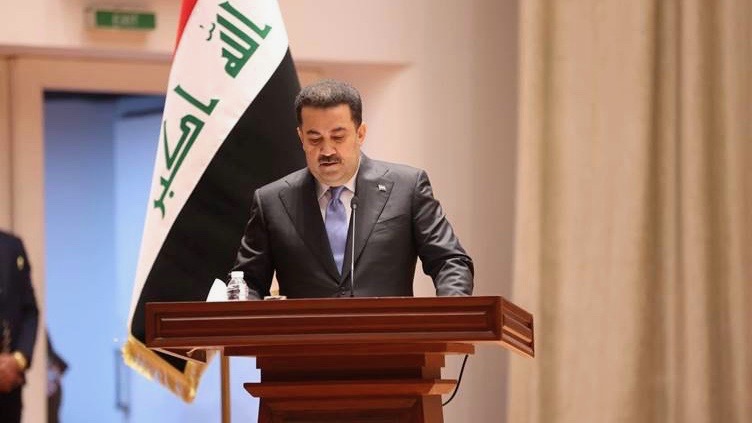 Iraqi parliament approves Mohammad al-Sudani as country’s new prime minister
Iraqi parliament approves Mohammad al-Sudani as country’s new prime minister
The appointment of al-Sudani is expected to end three years of political uncertainty in Iraq following the nationwide popular protests that broke out in October 2019, forcing the then elected government to resign
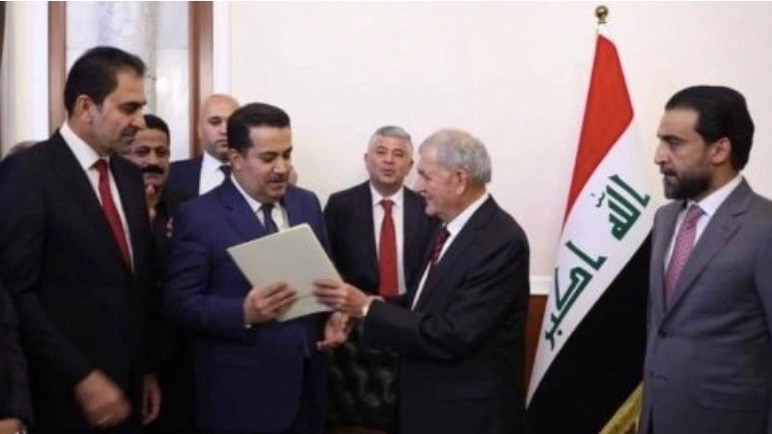 Iraqi parliament elects new president, ending months-long political deadlock
Iraqi parliament elects new president, ending months-long political deadlock
New President Abdul Latif Rashid immediately designated Shia al-Sudani as prime minister, whose nomination had earlier led to violent clashes in the country leaving dozens of people dead
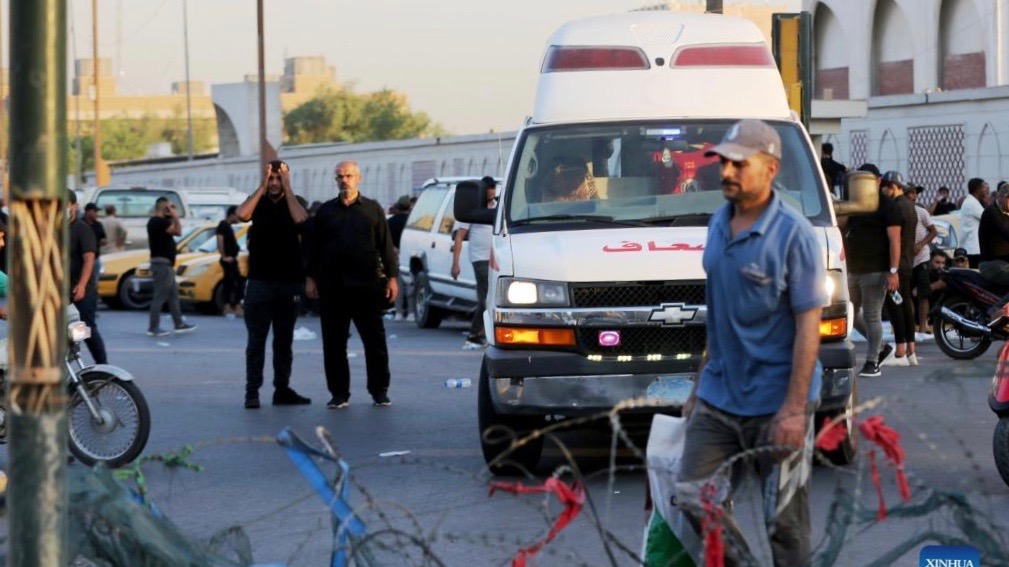 Protests and violence break out in Iraq after Muqtada al-Sadr announces decision to quit politics
Protests and violence break out in Iraq after Muqtada al-Sadr announces decision to quit politics
At least 30 people were killed and over 700 injured in clashes between security forces and Sadr’s supporters who had entered and captured government buildings inside the high security Green Zone in Baghdad
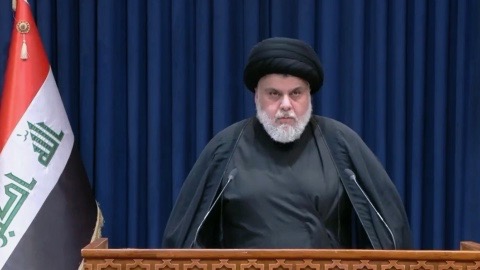 Muqtada al-Sadr demands dissolution of Iraqi parliament, fresh elections
Muqtada al-Sadr demands dissolution of Iraqi parliament, fresh elections
In a speech on August 3, Sadr asked his supporters to continue their sit-in inside the Iraqi parliament building and rejected calls for dialogue issued by Prime Minister Mustafa al-Kadhimi
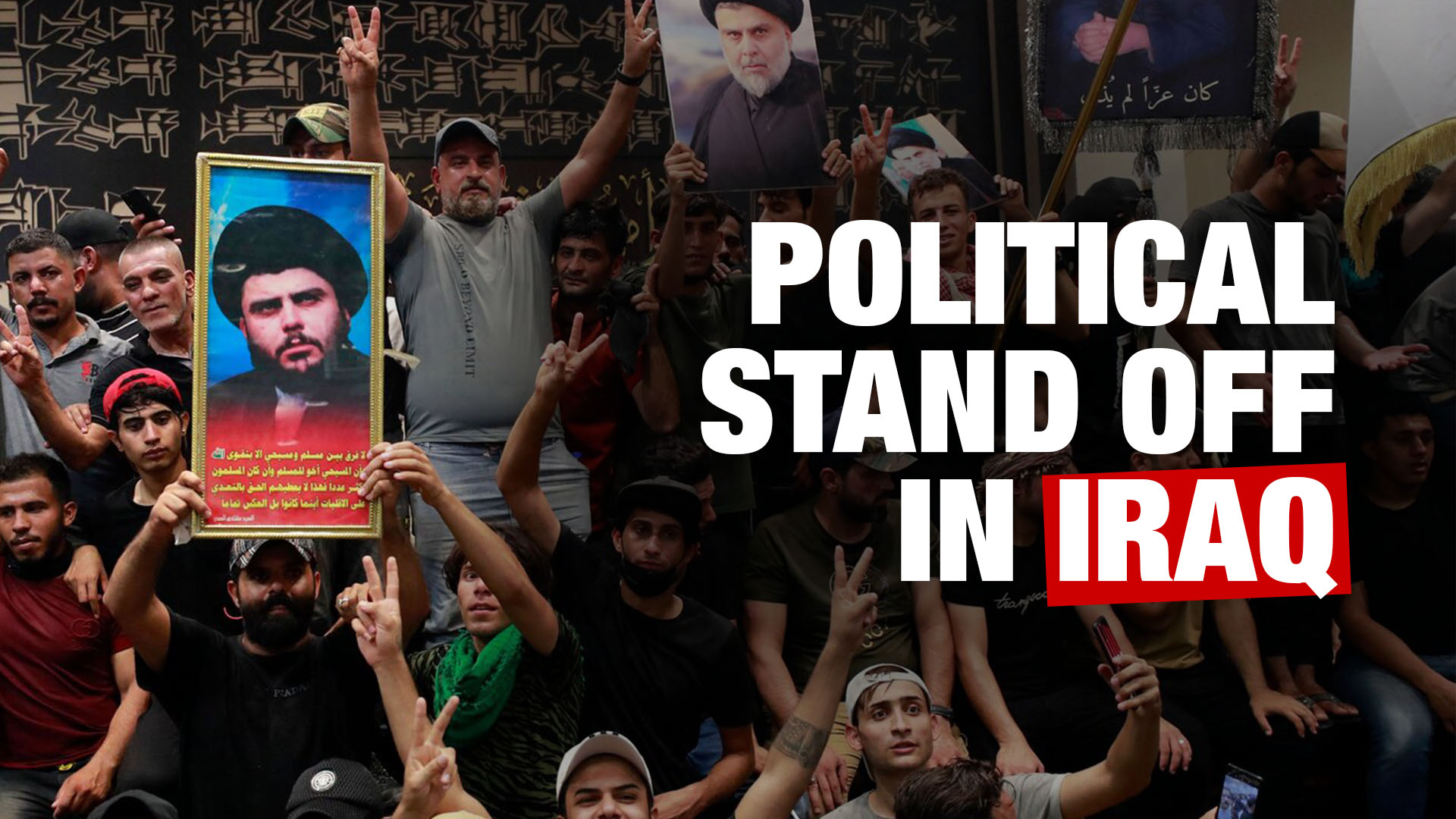 Sadrists occupy Iraqi parliament
Sadrists occupy Iraqi parliament
The protesters opposing the government formation efforts of Mohammed Shia al-Sudani stormed the high security Green Zone in Baghdad to demand the cancellation of his prime ministership.
 Moqtada al-Sadr’s supporters go on indefinite sit-in inside Iraqi parliament
Moqtada al-Sadr’s supporters go on indefinite sit-in inside Iraqi parliament
While asking the demonstrators to maintain peace, Moqtada al-Sadr called the sit-in a “golden opportunity” to “fundamentally change the political system and the constitution” of the country
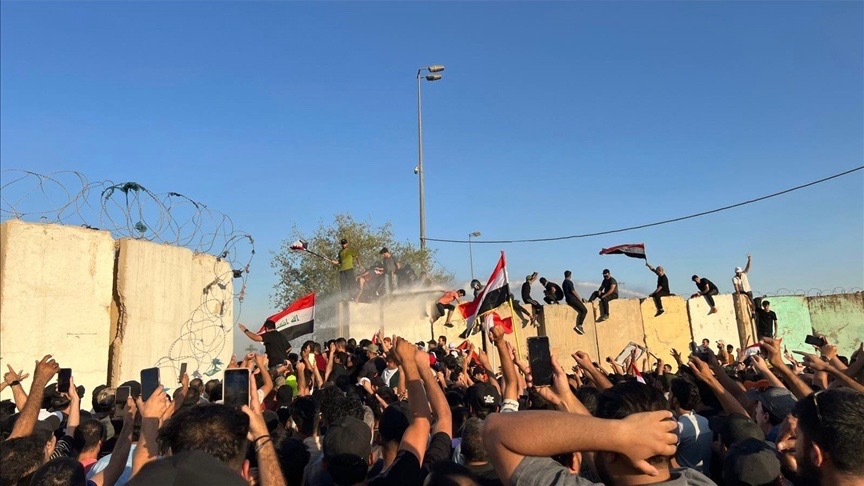 Protesters storm Iraqi parliament, oppose nomination of Mohammad Shia al-Sudani as PM
Protesters storm Iraqi parliament, oppose nomination of Mohammad Shia al-Sudani as PM
The protesters were supporters of Muqtada al-Sadr, whose party members resigned from the parliament earlier this year after failing to win enough support to form a national majority government
 Sadrist MPs resign from Iraqi parliament after failing to form majority
Sadrist MPs resign from Iraqi parliament after failing to form majority
Muqtada al-Sadr announced the dissolution of his Saving the Homeland coalition with the Sovereign Alliance (al-Siyada) and the Kurdish Democratic Party (KDP)
 Iraqi parliament introduces bill to criminalize establishment of relations with Israel
Iraqi parliament introduces bill to criminalize establishment of relations with Israel
The bill is considered to be an attempt to block the growing US pressure on Arab countries to “normalize” relations with Israel under its so-called Abraham Accords
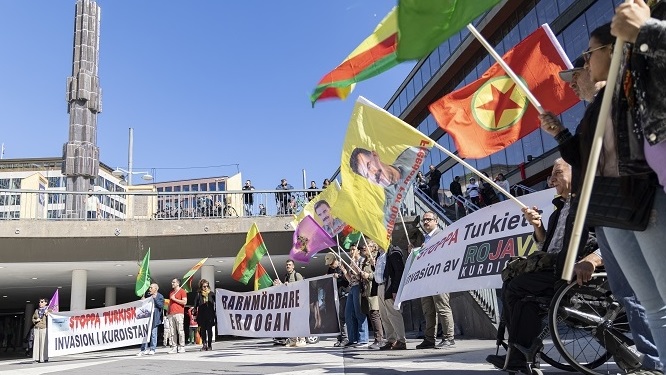 Iraq demands halt to Turkish attacks in Kurdistan region, denies cooperating with offensive
Iraq demands halt to Turkish attacks in Kurdistan region, denies cooperating with offensive
Turkey, a NATO member, began its land and air invasion inside northern Iraq on April 17. It is targeting the forces of the Kurdistan Workers’ Party (PKK) and Syrian YPG militia
 Hospitals suspend operations as economic crisis spirals in Sri Lanka and other stories
Hospitals suspend operations as economic crisis spirals in Sri Lanka and other stories
Today we look at the rising economic crisis in Sri Lanka, the political crisis in Iraq amid delays in the election of the president, and more


